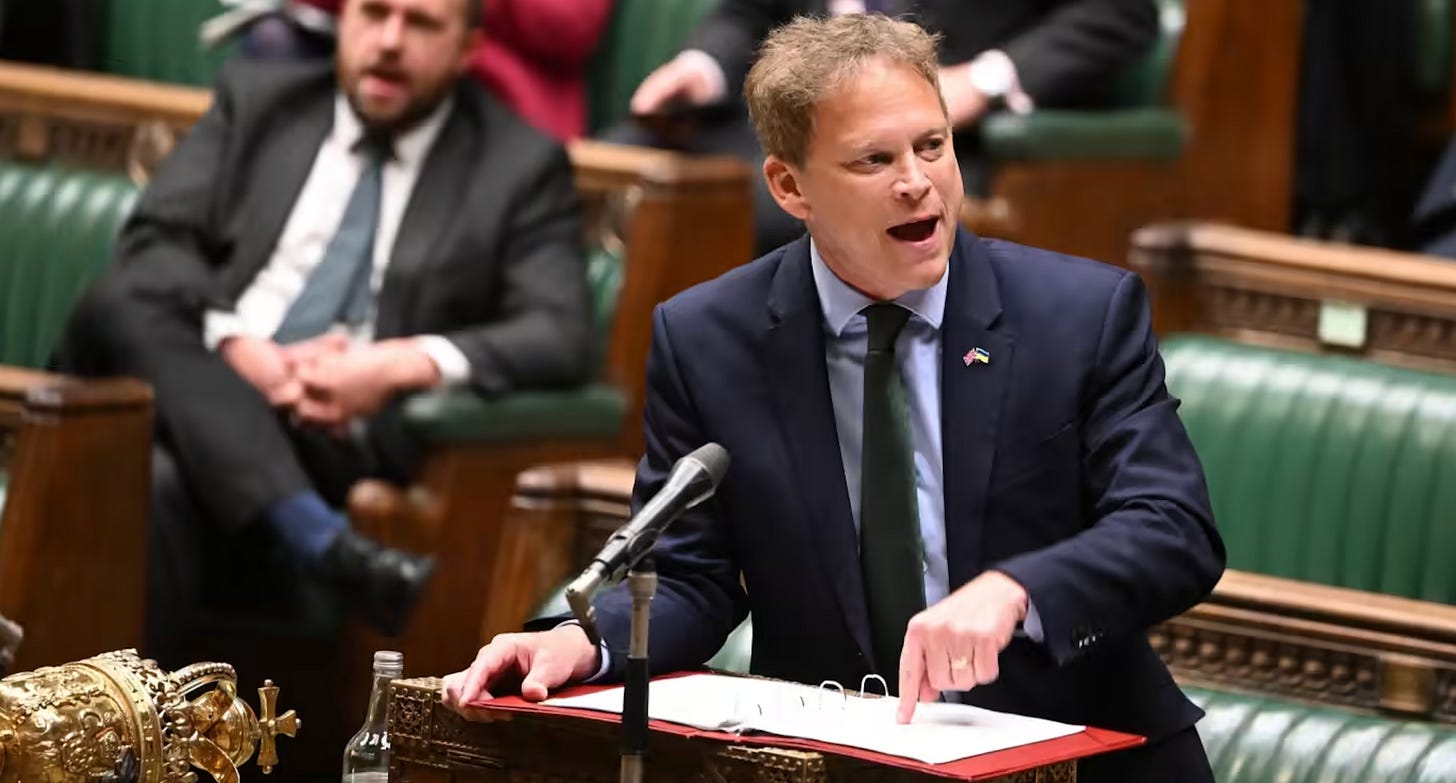How the work bill will work
If it works at all
The Strikes (Minimum Service Levels) Bill published yesterday by Grant Shapps, the business secretary, is something of a hostage to fortune. It tells us little about how the legislation is intended to work. It also tells us that the government itself has little idea of how the legislation will work.
Why otherwise woul…
Keep reading with a 7-day free trial
Subscribe to A Lawyer Writes to keep reading this post and get 7 days of free access to the full post archives.


